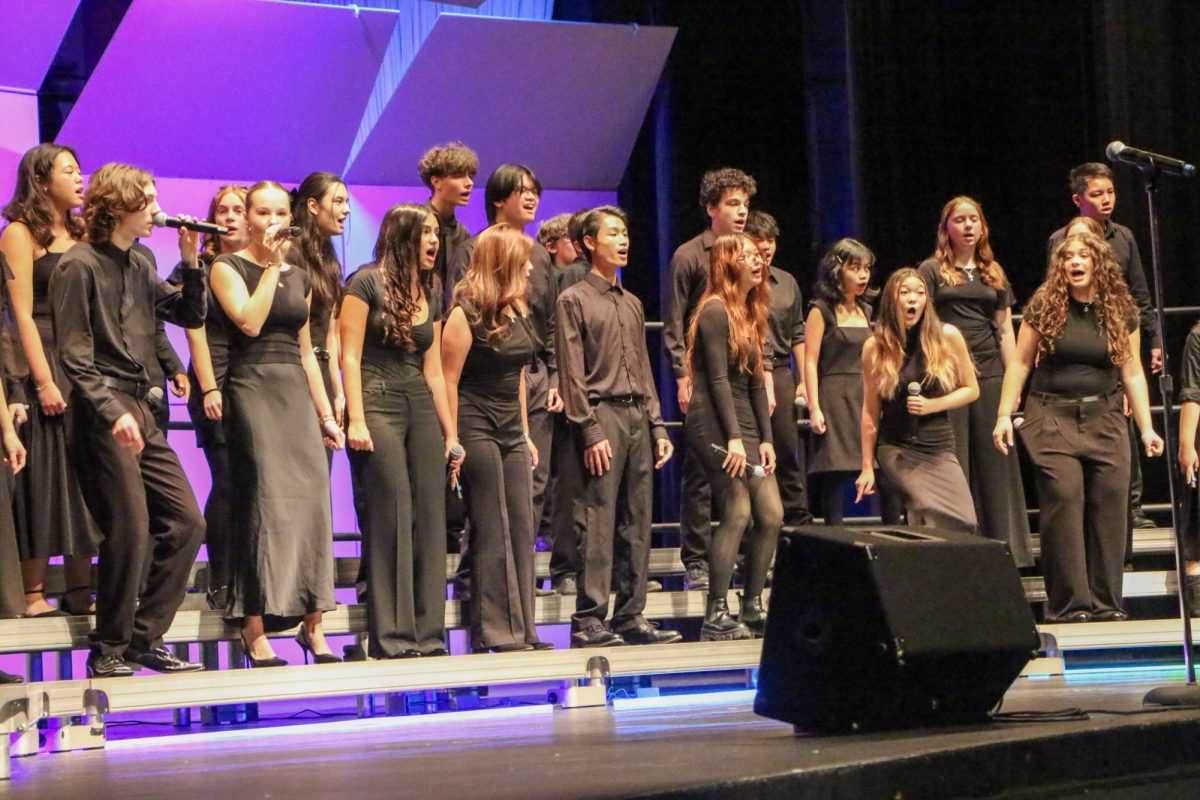Early Action Vs. Early Decision: Which is Right for You?
Oct 22, 2018
With less ten days until the first round of college applications are due, November 1st, many students are still putting the finishing touches on their applications through finishing supplemental essays or refining their personal statement. However, for the November 1st deadline, there are different options for applications.
The first round has three types of admissions: early action (EA), restrictive early action (REA), and early decision (ED). All have their benefits in some way, whether it be increasing chances for admission or finding out if you’re accepted into the school early.
The most common option is applying Early Action. This a non-binding agreement, meaning if you’re accepted into the university you’re not automatically committed into going. Most public universities such as University of Illinois, University of Wisconsin-Madison, and Indiana University have this option. If you’re just looking to get some applications out of the way and have safety schools in case more selective universities reject you, this is definitely something you should consider.
Senior Jackie Wang is decided to apply to most schools Early Action, in order to better her chances of admission and lessen the stress later in senior year.
“The benefits of applying early action is you have a higher chance of getting into a school from what I’ve heard. It shows schools you have interest, and they’re more likely to accept you,” Wang said. “Early action is generally a lot less stressful, since it only impacts your first semester. If you’re doing only regular decision the you’re going to have to worry more second semester. Applying early action is more compact stress rather than spread out stress.
Restrictive Early Action, also known as Single-Choice Early Action, is a middle ground between Early Action and Early Decision and isn’t as common as the other two types of applications, as it applies mainly to highly selective universities such as University of Notre Dame, Harvard, Princeton, and Yale. In REA, students are either restricted to the one school or allowed to apply EA at other colleges depending upon the school. However, applying ED is banned across the board for REA.
Finally, Early Decision. This is a binding agreement, meaning if you’re accepted into the university, you must withdraw all your other applications and commit to going to that school. This option may be best for students who show strong interest in a particular school, and wish to denote it as their first choice. However, it may be financially risky for some students, as committing early without knowing the financial aid package may lead to some unexpected circumstances. It’s extremely hard to get out of this binding agreement, so unless you either have the money or just don’t mind possibly paying more, this option may not be recommended.
Senior Umar Ahmed decided to apply to one school early decision, as it’s a selective institution and wishes to increases his chances getting in.
“I plan on applying early decision to a school because I know that it is the school I would absolutely want to attend,” Ahmed said. “I think early decision makes it clear that the school is a priority to me and I would hope that would make me a priority applicant to them. Granted the university is on the more selective end, applying ED boosts my chances of getting in.”
According to College and Career Counselor Daniel Gin, early action is more often than not the best bet for students who wish to apply early, but not make a binding agreement.
“Early decision is a binding agreement, meaning that if you get accepted you have to go there,” Gin said. “The nice thing about early action is that it is non-binding, and if the student still applies early enough they will hear back from the schools and can compare all of their offers of admissions, scholarships, and financial aid awards to make the best decision for the student. So if a kid wants to do early decision, then they kind of know that’s where they’ve always dreamed about going for a long time, and that they can go there regardless of the money that is offered.”
Whether you’re planning on apply early through ED, REA, or EA, be sure to get your college application in by at the latest 12:00 am on November 1st.




